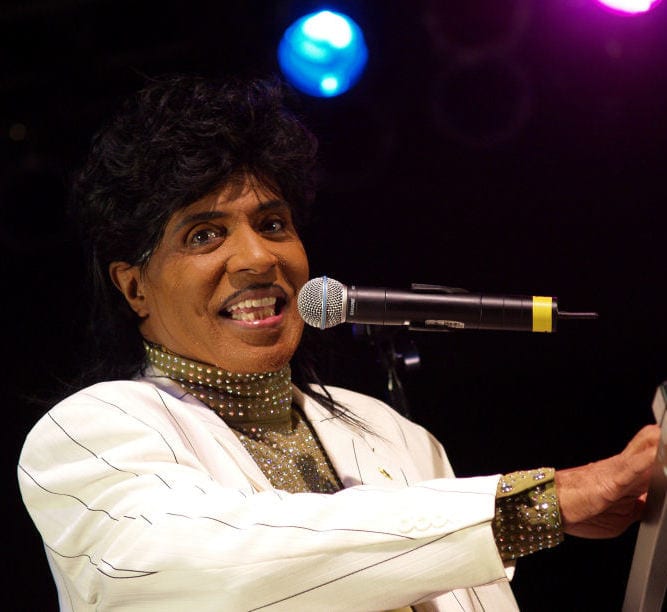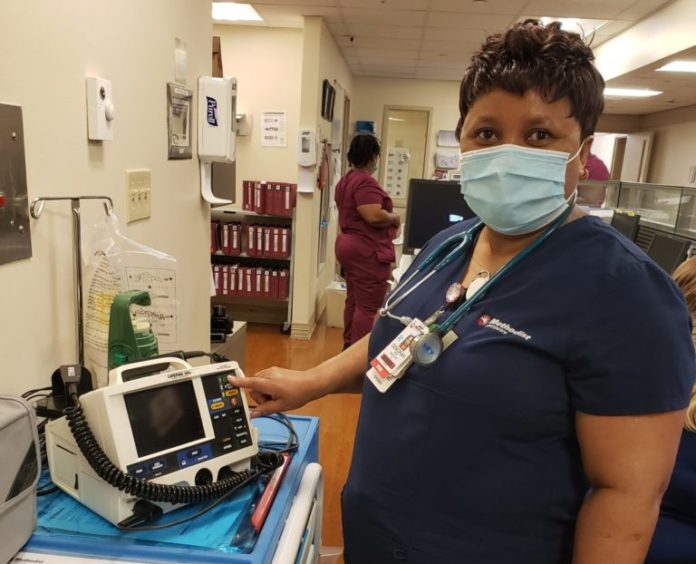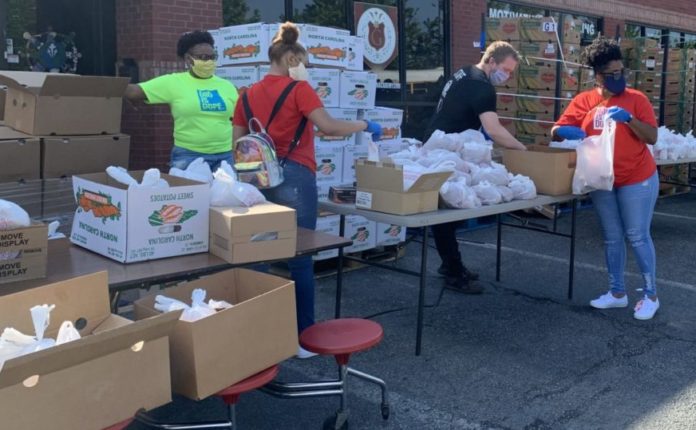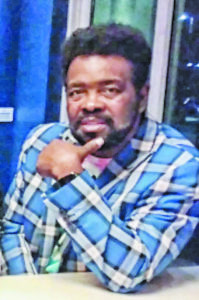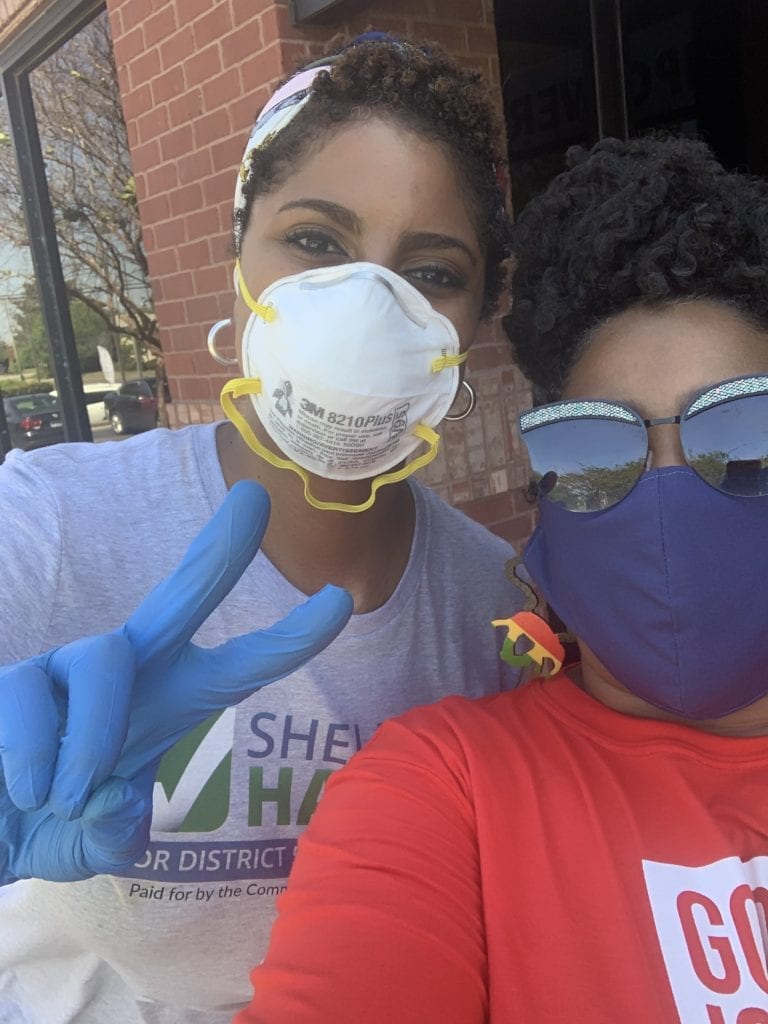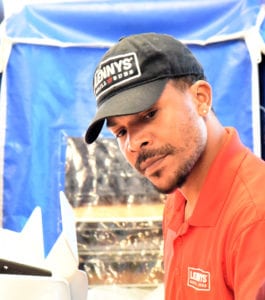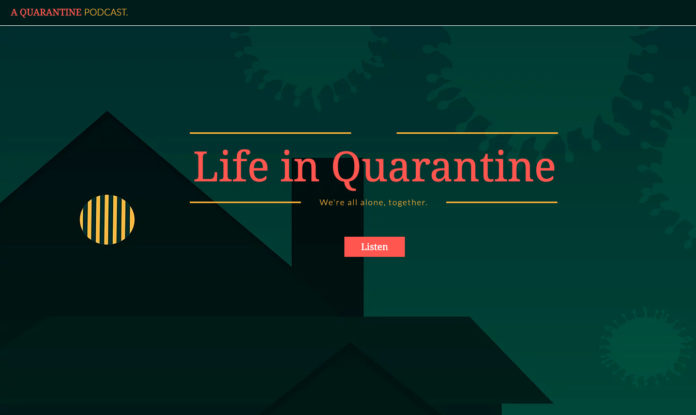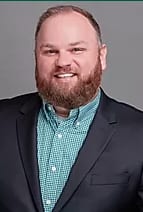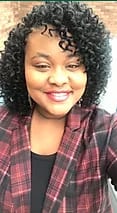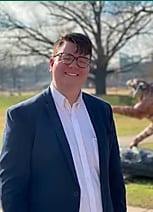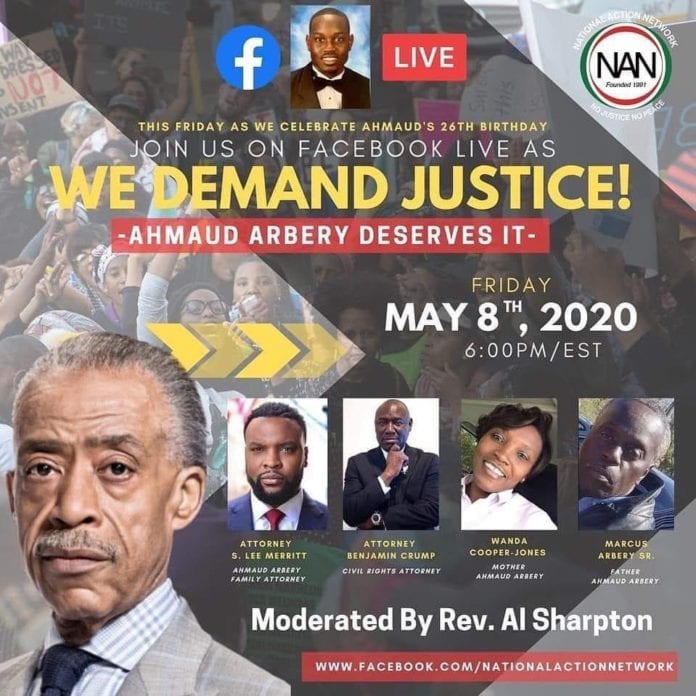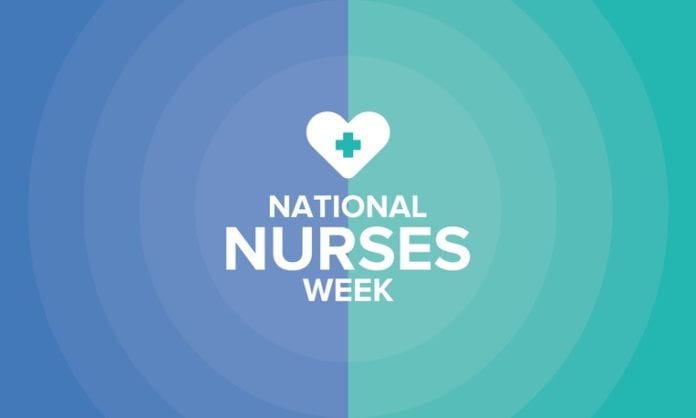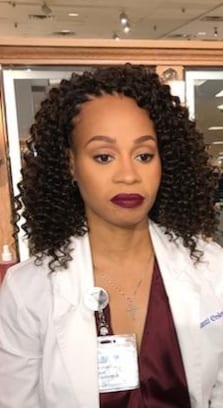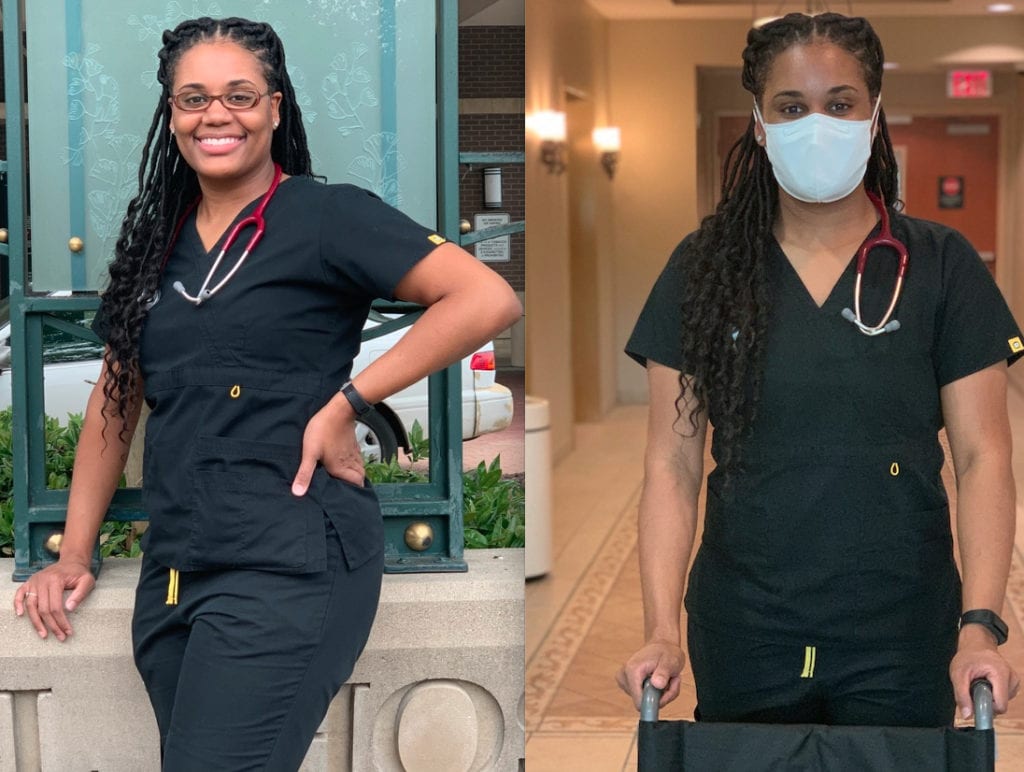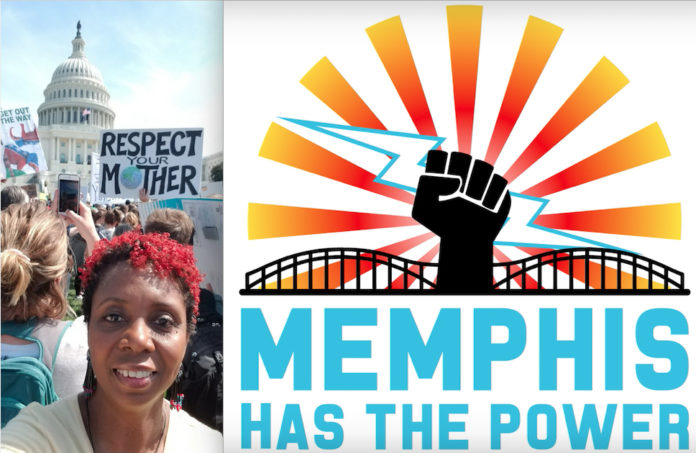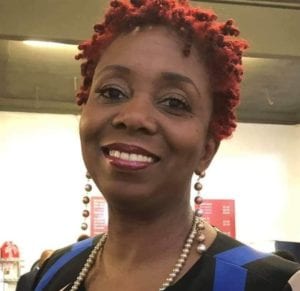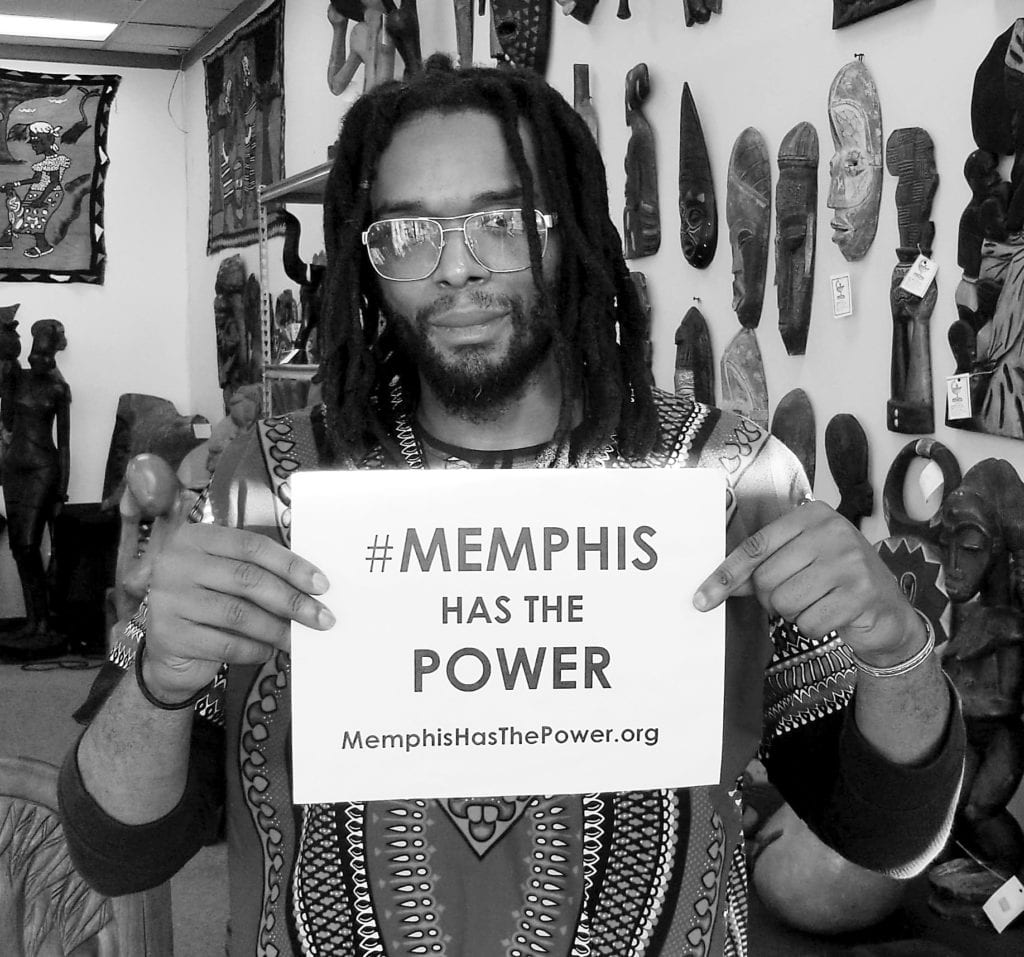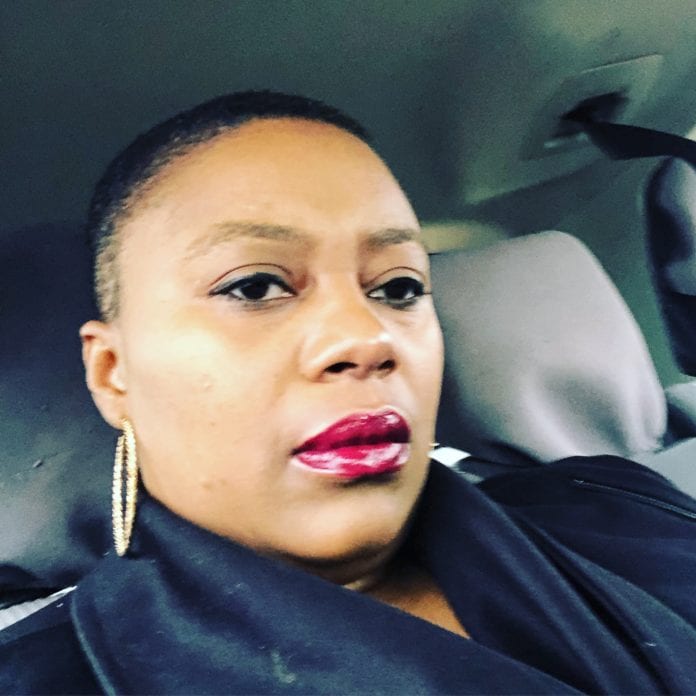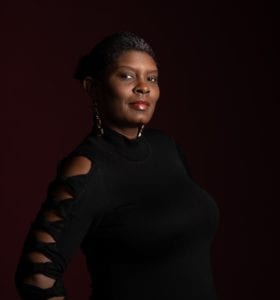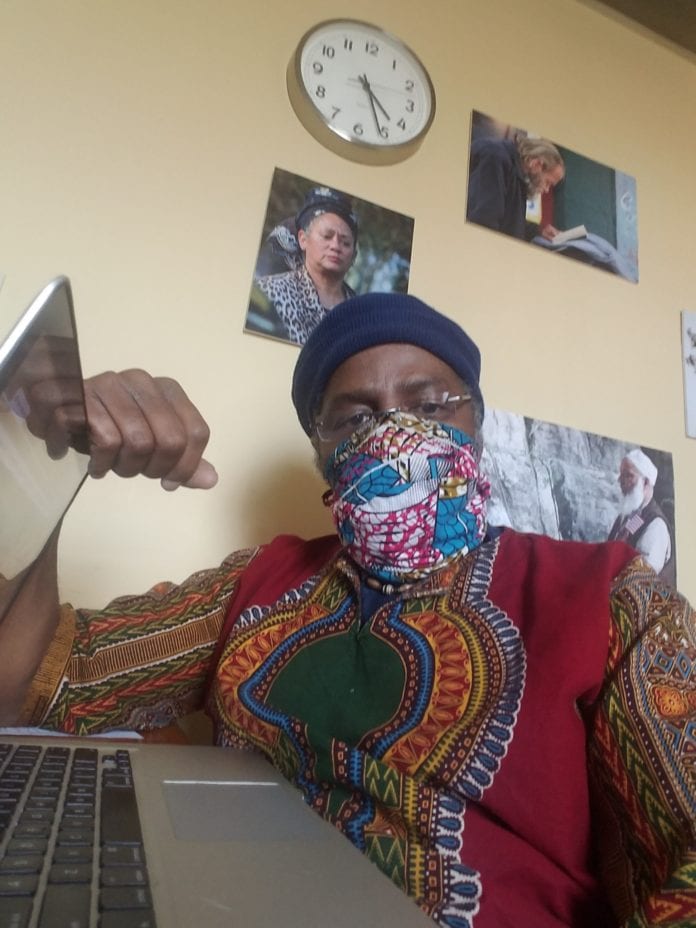NASHVILLE (AP) — Little Richard, the self-proclaimed “architect of rock ‘n’ roll” whose piercing wail, pounding piano and towering pompadour irrevocably altered popular music while introducing black R&B to white America, died Saturday. He was 87.
Pastor Bill Minson, a close friend of Little Richard’s, told The Associated Press that Little Richard died Saturday morning. Minson said he also spoke to Little Richard’s son and brother.
Minson added that the family is not releasing the cause of death.
Born Richard Penniman, Little Richard was one of rock ‘n’ roll’s founding fathers who helped shatter the color line on the music charts, joining Chuck Berry and Fats Domino in bringing what was once called “race music” into the mainstream. Richard’s hyperkinetic piano playing, coupled with his howling vocals and hairdo, made him an implausible sensation — a gay, black man celebrated across America during the buttoned-down Eisenhower era.
He sold more than 30 million records worldwide, and his influence on other musicians was equally staggering, from the Beatles and Otis Redding to Creedence Clearwater Revival and David Bowie. In his personal life, he wavered between raunch and religion, alternately embracing the Good Book and outrageous behavior.
“Little Richard? That’s rock ‘n’ roll,” Neil Young, who heard Richard’s riffs on the radio in Canada, told biographer Jimmy McDonough. “Little Richard was great on every record.”
https://www.youtube.com/watch?v=LVIttmFAzek&feature=youtu.be
It was 1956 when his classic “Tutti Frutti” landed like a hand grenade in the Top 40, exploding from radios and off turntables across the country. It was highlighted by Richard’s memorable call of “wop-bop-a-loo-bop-a-lop-bam-boom.”
A string of hits followed, providing the foundation of rock music: “Lucille,” “Keep A Knockin’,” “Long Tall Sally,” “Good Golly Miss Molly.” More than 40 years after the latter charted, Bruce Springsteen was still performing “Good Golly Miss Molly” live.
The Beatles’ Paul McCartney imitated Richard’s signature yelps — perhaps most notably in the “Wooooo!” from the hit “She Loves You.” Ex-bandmate John Lennon covered Richard’s “Rip It Up” and “Ready Teddy” on the 1975 “Rock and Roll” album.
When the Rock and Roll Hall of Fame opened in 1986, he was among the charter members with Elvis Presley, Berry, Buddy Holly, Jerry Lee Lewis, Sam Cooke and others.
Few were quicker to acknowledge Little Richard’s seminal role than Richard himself. The flamboyant singer claimed he paved the way for Elvis, provided Mick Jagger with his stage moves and conducted vocal lessons for McCartney.
“I am the architect of rock ‘n’ roll!” Little Richard crowed at the 1988 Grammy Awards as the crowd rose in a standing ovation. “I am the originator!”
Richard Wayne Penniman was born in Macon, Georgia, during the Great Depression, one of 12 children. He was ostracized because he was effeminate and suffered a small deformity: his right leg was shorter than his left.
The family was religious, and Richard sang in local churches with a group called the Tiny Tots. The tug-of-war between his upbringing and rock ‘n’ roll excess tormented Penniman throughout his career.
Penniman was performing with bands by the age of 14, but there were problems at home over his sexual orientation. His father beat the boy and derided him as “half a son.”
Richard left home to join a minstrel show run by a man known as Sugarloaf Sam, occasionally appearing in drag.
In late 1955, Little Richard recorded the bawdy “Tutti Frutti,” with lyrics that were sanitized by a New Orleans songwriter. It went on to sell 1 million records over the next year.
When Little Richard’s hit was banned by many white-owned radio stations, white performers like Pat Boone and Elvis Presley did cover versions that topped the charts.
Little Richard went Hollywood with an appearance in “Don’t Knock the Rock.” But his wild lifestyle remained at odds with his faith, and a conflicted Richard quit the business in 1957 to enroll in a theological school and get married.
Richard remained on the charts when his label released previously recorded material. And he recorded a gospel record, returning to his roots.
A 1962 arrest for a homosexual encounter in a bus station restroom led to his divorce and return to performing.
He mounted three tours of England between 1962 and 1964, with the Beatles and the Rolling Stones serving as opening acts. Back in the States, he put together a band that included guitarist Jimi Hendrix — and later fired Hendrix when he was late for a bus.
In 1968, Richard hit Las Vegas and relaunched his career. Within two years, he had another hit single and made the cover of Rolling Stone.
By the mid-1970s, Richard was battling a $1,000-a-day cocaine problem and once again abandoned his musical career. He returned to religion, selling Bibles and renouncing homosexuality. For more than a decade, he vanished.
“If God can save an old homosexual like me, he can save anybody,” Richard said.
But he returned, in 1986, in spectacular fashion. Little Richard was inducted into the Rock and Roll Hall of Fame, and appeared in the movie “Down and Out in Beverly Hills.”
A Little Richard song from the soundtrack, “Great Gosh A’Mighty,” even put him back on the charts for the first time in more than 15 years. Little Richard was back to stay, enjoying another dose of celebrity that he fully embraced.
Macon, Georgia, named a street after its favorite son. And Little Richard was given a star on the Hollywood Walk of Fame. In August 2002, he announced his retirement from live performing. But he continued to appear frequently on television, including a humorous appearance on a 2006 commercial for GEICO insurance.
Richard had hip surgery in November 2009 at Vanderbilt University Medical Center in Nashville, and asked fans at the time to pray for him. He lived in the Nashville area at the time.


